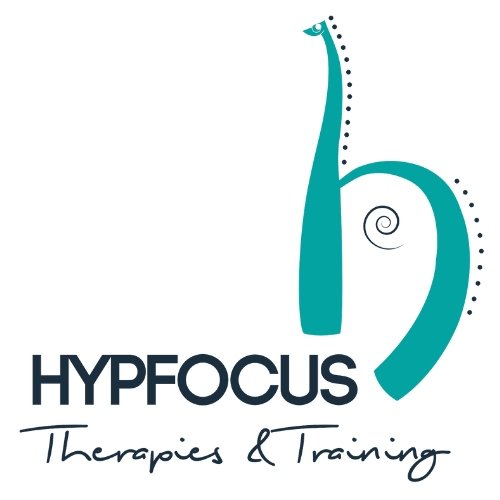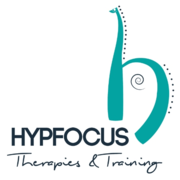Going Through The Motions? Maybe It’s High-Functioning Depression
What is High-Functioning Depression?
High-functioning depression, often referred to as dysthymia or persistent depressive disorder (PDD), is a mental health condition where individuals experience chronic, mild depressive symptoms that can persist for years. Despite the depression, those affected can continue performing daily tasks and maintaining responsibilities. Unlike major depressive disorder (MDD), which may be more evident due to intense episodes of sadness and dysfunction, high-functioning depression is often harder to detect because sufferers manage to "function" relatively well.
Causes of High-Functioning Depression
Several factors can contribute to the development of high-functioning depression, including:
Genetics: A family history of depression or mental health disorders.
Biochemistry: Imbalances in brain chemicals, particularly serotonin and dopamine, affect mood regulation.
Chronic Stress: Ongoing stressful life situations, such as work pressure, relationship issues, or financial strain.
Personality Traits: People with perfectionist tendencies or who are highly self-critical may be more susceptible.
Signs You May Be Experiencing High-Functioning Depression
While people with high-functioning depression may outwardly seem successful and accomplished, they often struggle internally. Common signs include:
Low Energy: Feeling constantly drained, even after rest.
Irritability: Becoming easily frustrated or angry.
Feelings of Hopelessness: A persistent, underlying sense that things won’t improve.
Loss of Interest: Finding less enjoyment in activities you once loved.
Procrastination: Putting off tasks or struggling with motivation.
Isolation: Withdrawing from activities and social interactions
If you notice these symptoms but still manage to meet daily responsibilities, you may be dealing with high-functioning depression.
Why High-Functioning Depression Leads to Cravings and Addictive Behaviours
People with high-functioning depression often turn to unhealthy coping mechanisms like sugar cravings or addictive behaviours to escape feelings of low mood and exhaustion. Sugar can provide a temporary serotonin boost, but this leads to energy crashes and worsens depressive symptoms in the long run. Addictive behaviours, such as excessive shopping, substance use, or even workaholism, often develop as a way to numb the chronic discomfort and stress caused by depression.
Cognitive Behavioral Therapy (CBT) Techniques for Managing High-Functioning Depression
CBT is a proven therapeutic approach for treating depression. Here are some practical CBT techniques to manage high-functioning depression:
Thought Records: Challenge negative thinking by recording and analysing irrational thoughts and replacing them with more balanced ones.
Behavioral Activation: Engage in activities you once enjoyed or that provide a sense of accomplishment, even if you don’t feel like it.
Problem-Solving: Break down overwhelming tasks into smaller, manageable steps.
Mindfulness-Based CBT: Stay present in the moment to reduce rumination and anxiety.
How Hypnotherapy Enhances CBT for High-Functioning Depression
While CBT helps address negative thought patterns and behaviours, hypnotherapy can fast-track and deepen the therapeutic process. Hypnotherapy involves entering a relaxed state of heightened awareness to access subconscious beliefs and behaviours. An experienced Melbourne-based hypnotherapist like Georgina Mitchell at Hypfocus Therapies can use hypnotherapy to:
Break negative cycles of thinking more efficiently.
Reduce cravings for unhealthy coping mechanisms, such as sugar or addictive behaviours.
Enhance motivation and increase emotional resilience by reprogramming underlying beliefs.
Hypnotherapy can significantly enhance the benefits of CBT, allowing for faster recovery and long-lasting change. Georgina Mitchell offers both in-person sessions and online hypnotherapy, making her services accessible to those outside of Melbourne.
Conclusion
High-functioning depression is a challenging condition, often hidden behind a facade of success and competence. However, it is treatable with the right combination of therapeutic techniques. Cognitive Behavioral Therapy, combined with hypnotherapy from an experienced practitioner like Georgina Mitchell, can provide relief and promote long-term mental health. Whether in person or online, Hypfocus Therapies offers tailored support to help you regain control over your life.
You don’t have to settle for going through the motions, you can find the simple pleasures in life again and enjoy the things that give you joy.
Find more information at Beyond Blue
https://youtu.be/Oh_SSc492Ac

